The FIBA Basketball World Cup 2027 African Qualifiers tip off this week in Rades, Tunisia, where teams battle for five World Cup spots and a pathway to the 2028 Los Angeles Olympics, making every game and point crucial across all qualification windows
Last Updated on
November 27, 2025


The FIBA Basketball World Cup 2027 African Qualifiers are set to bring another round of excitement and unpredictability as the competition begins this week in Rades, Tunisia.
With only five spots available, every game and point matters, and teams must be consistent across multiple windows to secure their place on the world stage. What's more, the FIBA World Cup itself is a direct qualifier for the Los Angeles Olympics 2028, with seven national team slots on offer, meaning each game during the qualification windows could impact Olympic qualification.
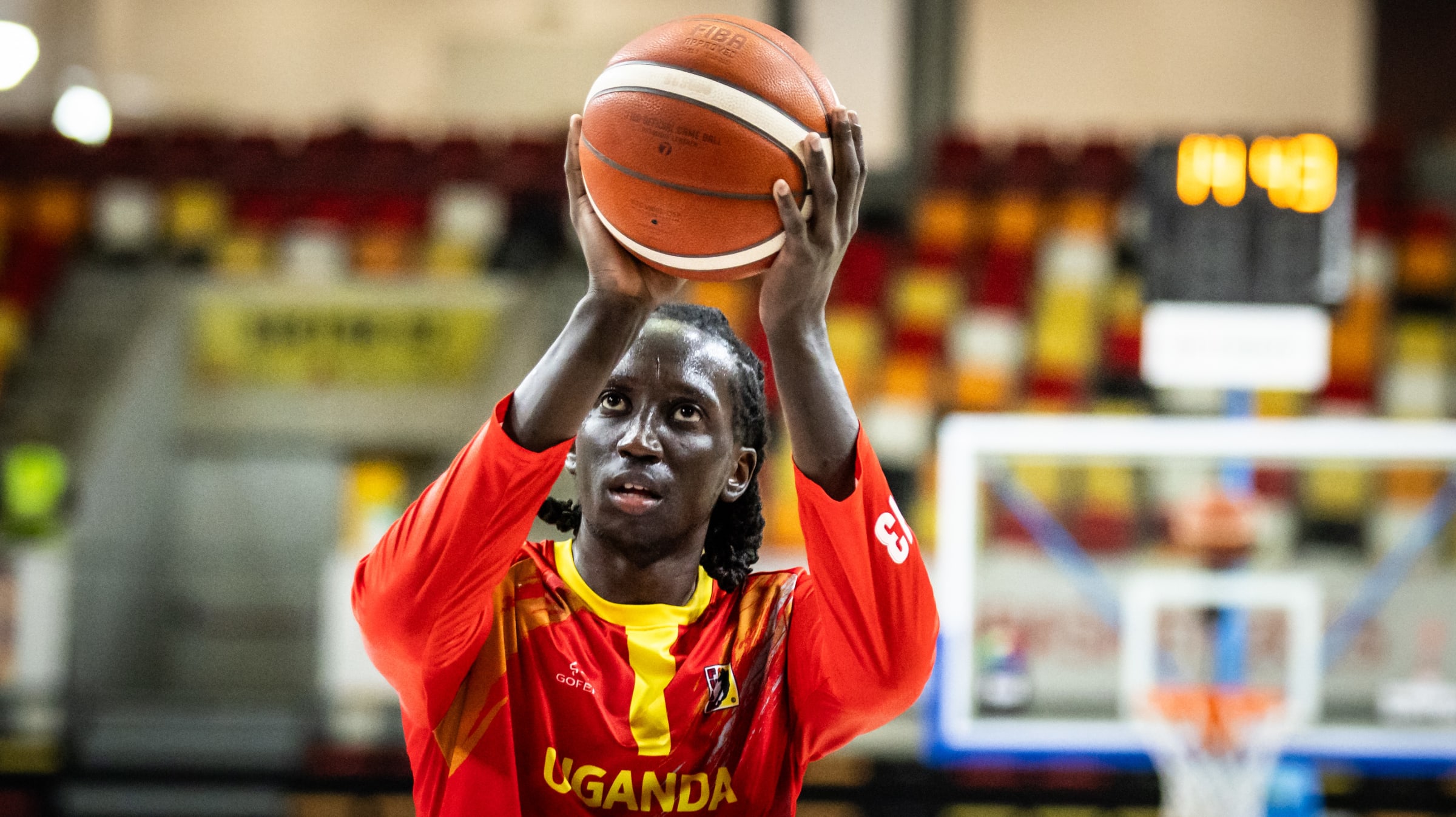
Uganda (#16): The Silverbacks sit at the bottom, partly due to uncertainty about their young talent’s ability to step up. Past performances, such as their struggles in AfroBasket, highlight the need for sustainable player development to climb the ranks.
Madagascar (#15): Showed promise in recent tournaments, but their future hinges on strategic enhancements—new players, coaching, and programs could drastically alter their trajectory.
Rwanda (#14): Led by experienced coaches and former stars, Rwanda is on the cusp. Their upcoming qualifiers against Nigeria, Guinea, and Tunisia will reveal their true potential.

Libya (#13): The North African nation's recent return to top-tier basketball at the club level has been extremely promising, but their national team hasn't yet matched that strength. However, the experience gained by some of their star players, such as Adrees Zeew, is a positive sign.
Guinea (#12): Demonstrated resilience and competitive edge, notably defeating South Sudan and Libya, recently at AfroBasket 2025. The absence of key EuroLeague star Alpha Diallo could test their depth.
DR Congo (#11): Known for talent and physicality, they are eager for a strong comeback. Their later start in qualifiers suggests they could be preparing for a strong push.
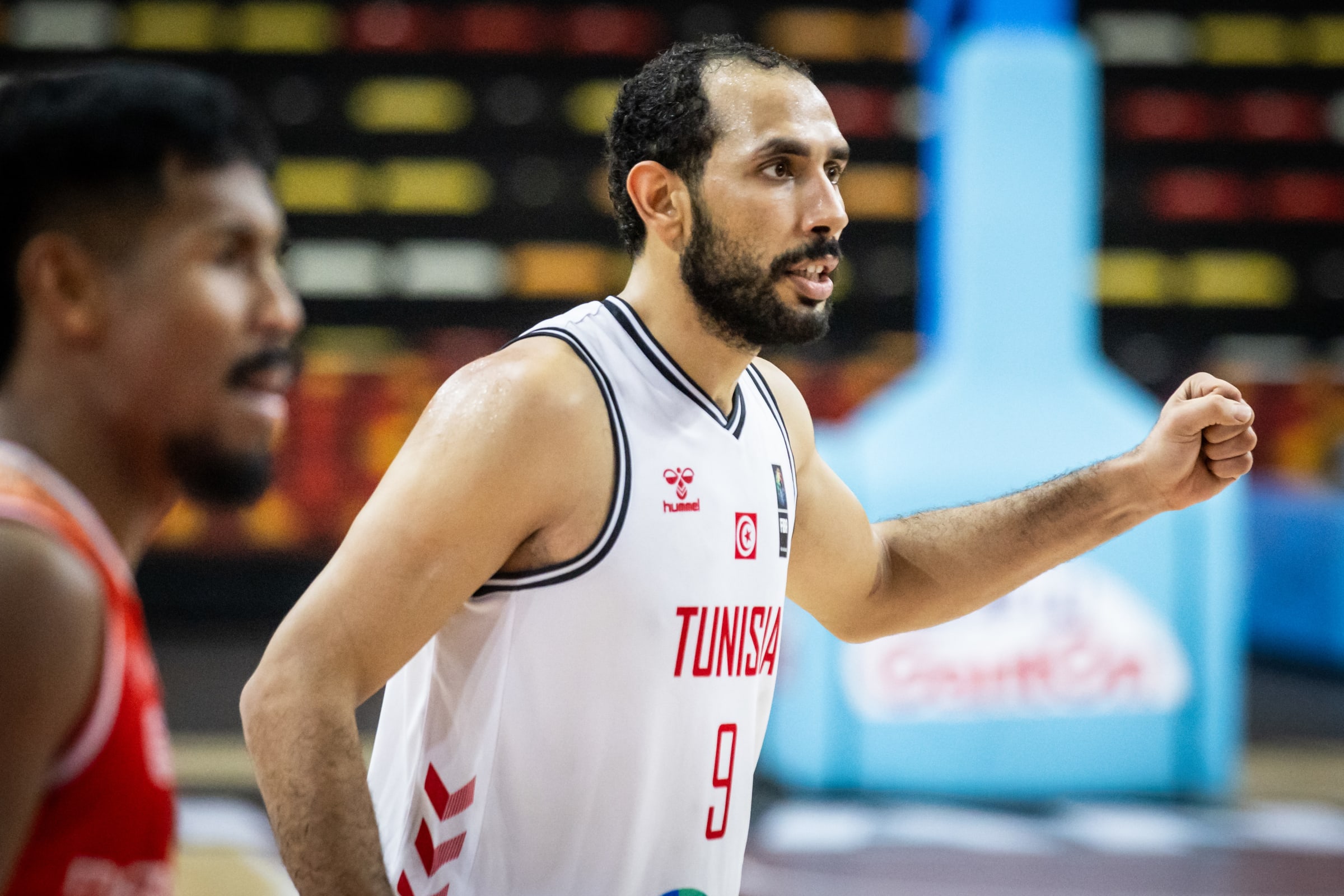
Tunisia (#10): The return of their legendary coach, Mohamed Tlatli, has ignited considerable interest and optimism among their supporters and ultimately marks an ambitious strategy towards their qualifiers. Their performance on home ground, during window one of the qualifiers, could be crucial in rekindling their previous success.
Cape Verde (#9): A rising force with recent near-upsets and strong performances, at the national level at AfroBasket 2025 and at the club level at Road to BAL 2026. Their group opponents should be wary.
Nigeria (#8): A perennial threat but inconsistent in clutch moments, as seen recently at AfroBasket 2025. However, their talent pool remains extensive, and their upcoming qualifiers will be vital.
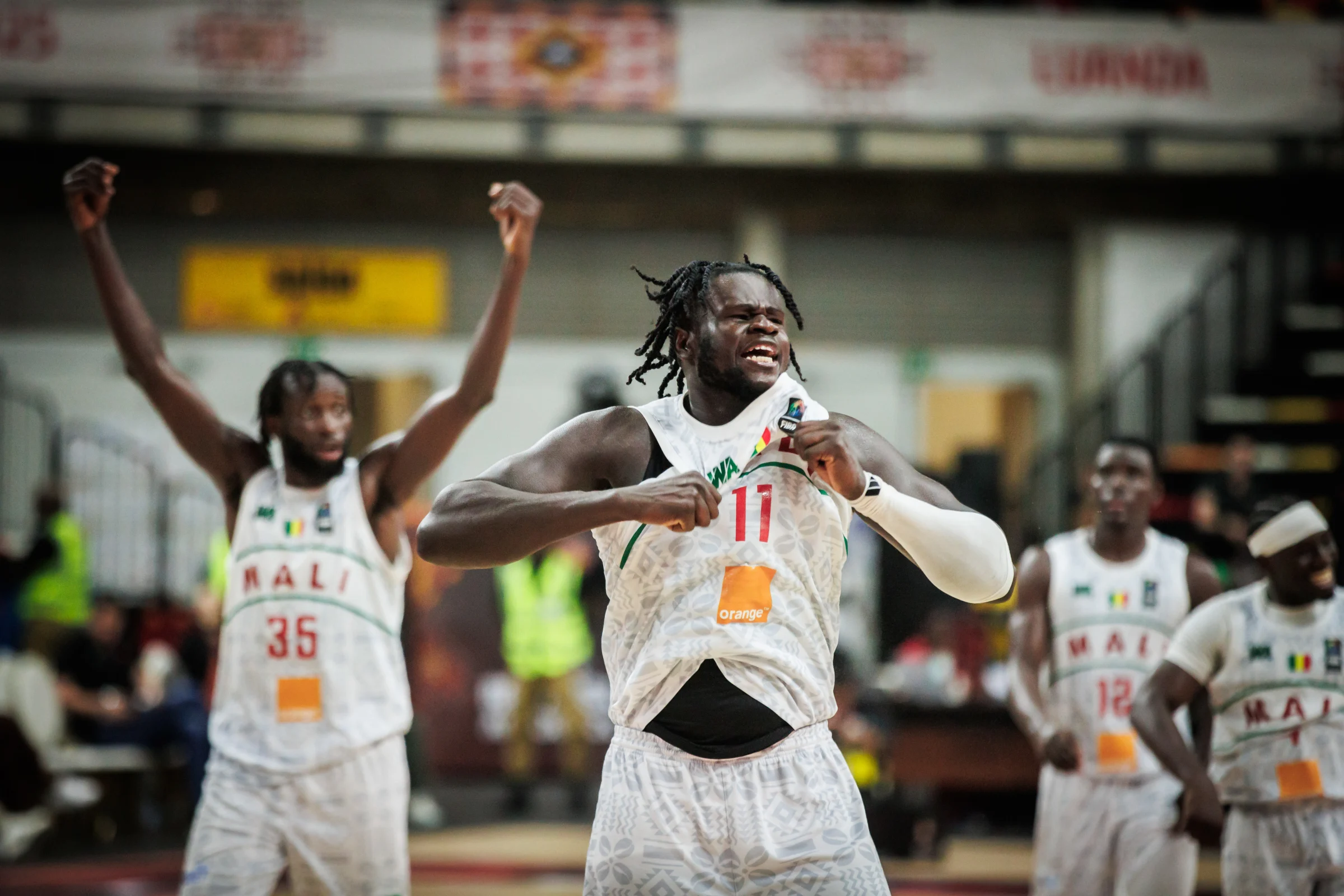
Mali (#7): Their recent third-place finish at AfroBasket 2025 and their emerging youth talent pool suggest they are well-placed for a strong World Cup qualifying campaign, especially with a potential rematch of the recent continental final against Angola.
Egypt (#6): Under the leadership of Mohamed Elkerdany and with key players such as Amr Abdelhalim and Anas Mahmoud, they could capitalise on their recent sixth-place finish at AfroBasket 2025 and their vital home advantage in February.
Cameroon (#5): With promising roster prospects, they’re looking to improve their AfroBasket 2025 fourth-place finish and challenge the other top-tier nations.

Côte d'Ivoire (#4): Recently eliminated Mali 101-96 in a close AfroBasket quarter-final; they're on the verge of contesting for the top spot. A roster refresh could propel them forward.
South Sudan (#3): Despite a disappointing AfroBasket 2025, they finished tenth, well below expectations, their talent pool remains of a high standard. However, their ability to bounce back with a new head coach will be critical.
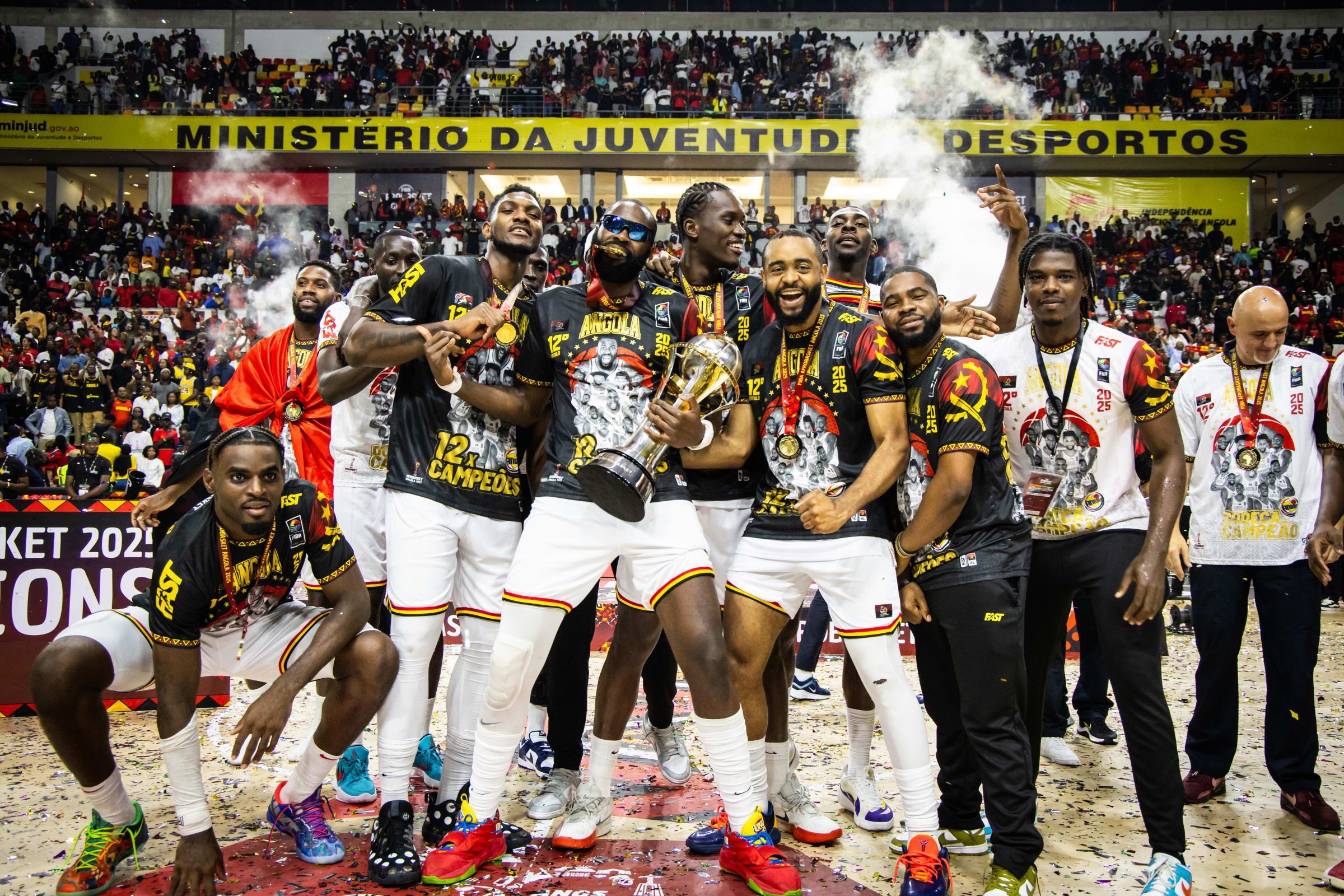
Angola (#2): Africa's most decorated senior men's national team, with a strong track record and recent success, remains a favourite to qualify and contend.
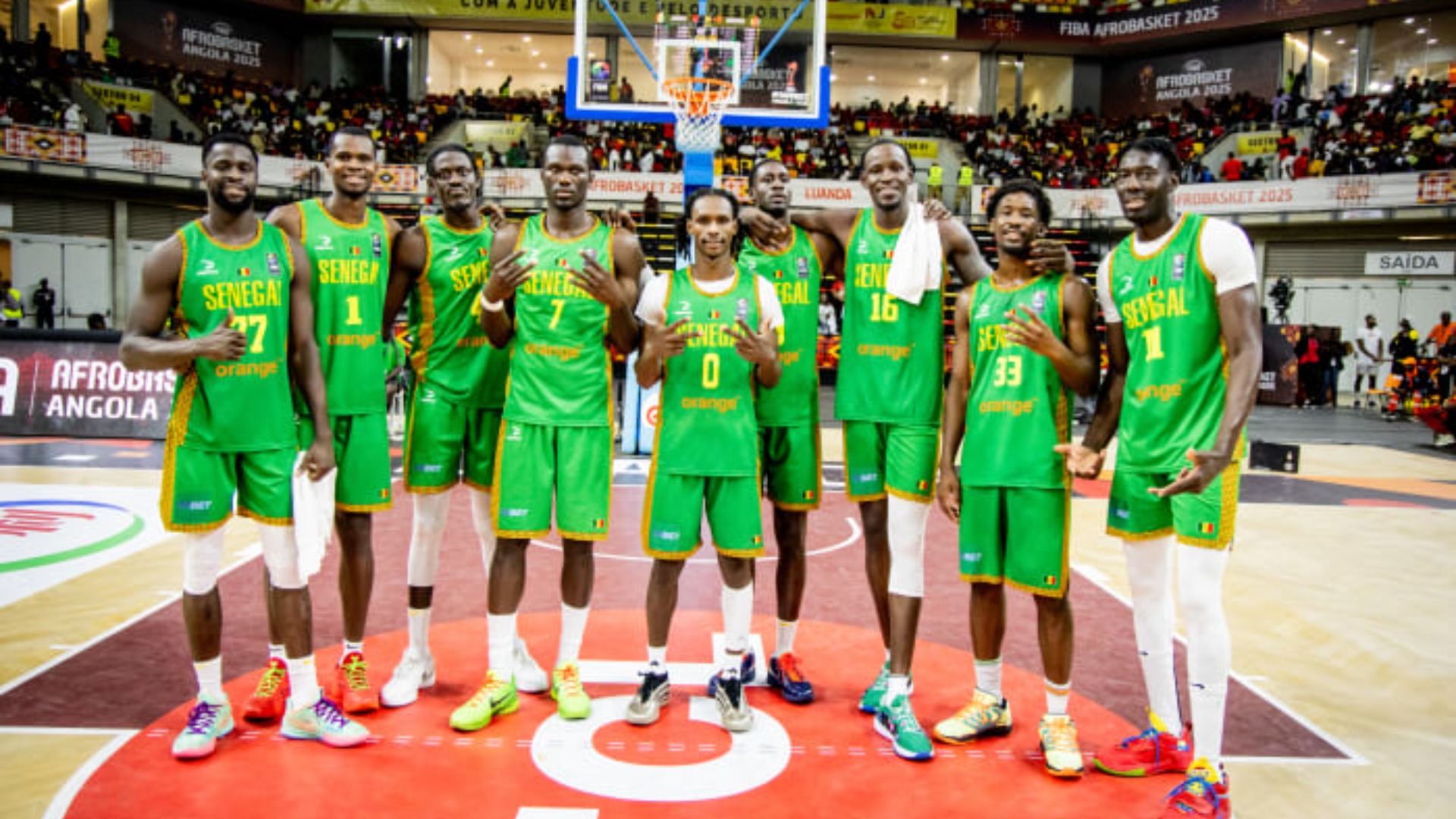
Senegal (#1): Consistently Africa’s top team, with a blend of height, skill, and G-League, Euroleague Basketball Champions League experience. Their balanced roster and recent performances make them the team to beat.

[Photography Courtesy of FIBA]